Iran says return of Hajj dead delayed
Beyond the confirmed 228 dead a further 227 Iranians were injured and 246 are missing
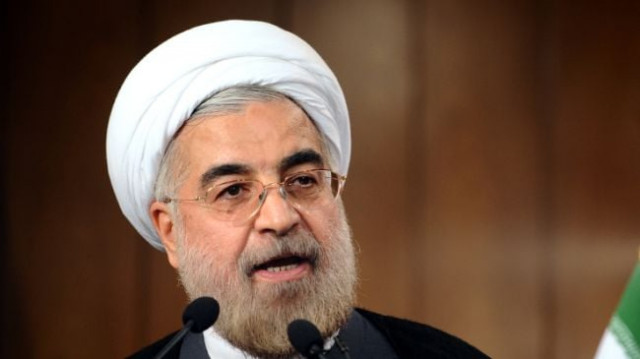
Iranian president Hassan Rouhani PHOTO: AFP
With the uproar over the tragedy showing no sign of easing, President Hassan Rouhani arrived back in Tehran on Tuesday having left the UN General Assembly early, after citing Saudi "incompetence" at the Hajj.
However the families of those who died in the crush - 228 Iranian fatalities have been confirmed - are still waiting for the ceremonial return of their loved ones.
"A plane is supposed to leave for Jeddah tonight (Tuesday) for the transfer of bodies," said Ali Marashi, head of the Iranian Red Crescent's medical centre in Tehran, which is organising the repatriation.
But the task is proving difficult as the toll continues to rise - beyond the confirmed dead a further 227 Iranians were injured and 246 are missing.
"God willing we will have the funerals tomorrow," Marashi said Tuesday.
"As well as the previous 21 containers there are now more dead bodies. Work is very slow."
Iran's health minister, Hassan Hashemi, arrived in Makkah early Tuesday to head the effort to return the bodies, having tried to go earlier but his plane was refused permission to land.
Iran has been deeply critical of Saudi Arabia accusing it of serious safety lapses at the Hajj.
In New York on Monday, Rouhani called for "an independent and precise investigation into the causes of this disaster and ways of preventing its repetition".
He urged Saudi Arabia to allow immediate consular access to quickly identify the bodies and ensure their return home, and reiterated Tehran's criticism of Riyadh's response so far.
The pilgrims were taking part in a "grand and global spiritual gathering of the Hajj" but "fell victim to the incompetence and mismanagement of those in charge", Rouhani said.
Thursday's deadly stampede worsened already deep tension between Iran and Saudi Arabia.
The countries have been at odds over the civil war in Syria and Saudi Arabia's months-long battle against Huthi rebels in Yemen.
While Iran accuses Riyadh of committing atrocities in a bombing campaign against the Huthis - whom Tehran supports - the kingdom says Iran is using the conflicts to expand its regional influence.


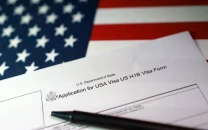
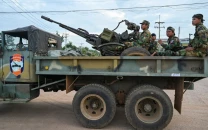
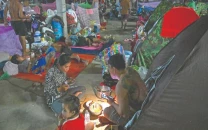
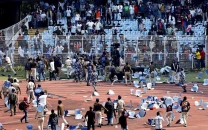
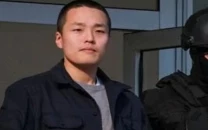


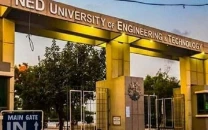


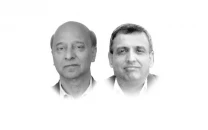





COMMENTS
Comments are moderated and generally will be posted if they are on-topic and not abusive.
For more information, please see our Comments FAQ